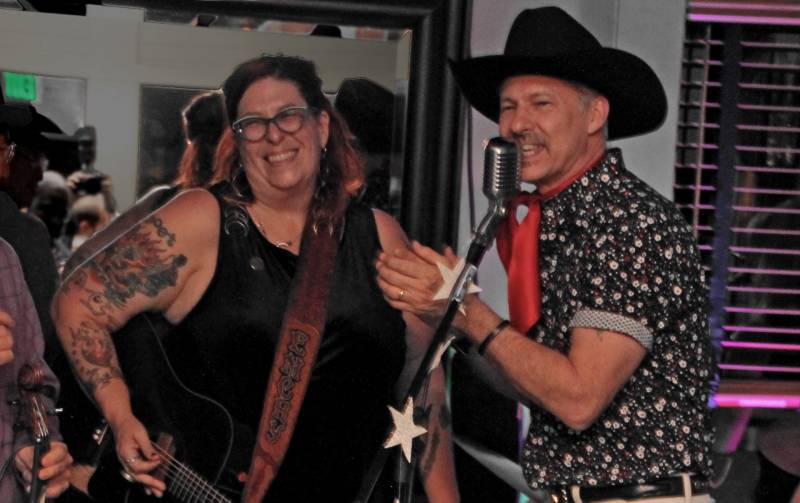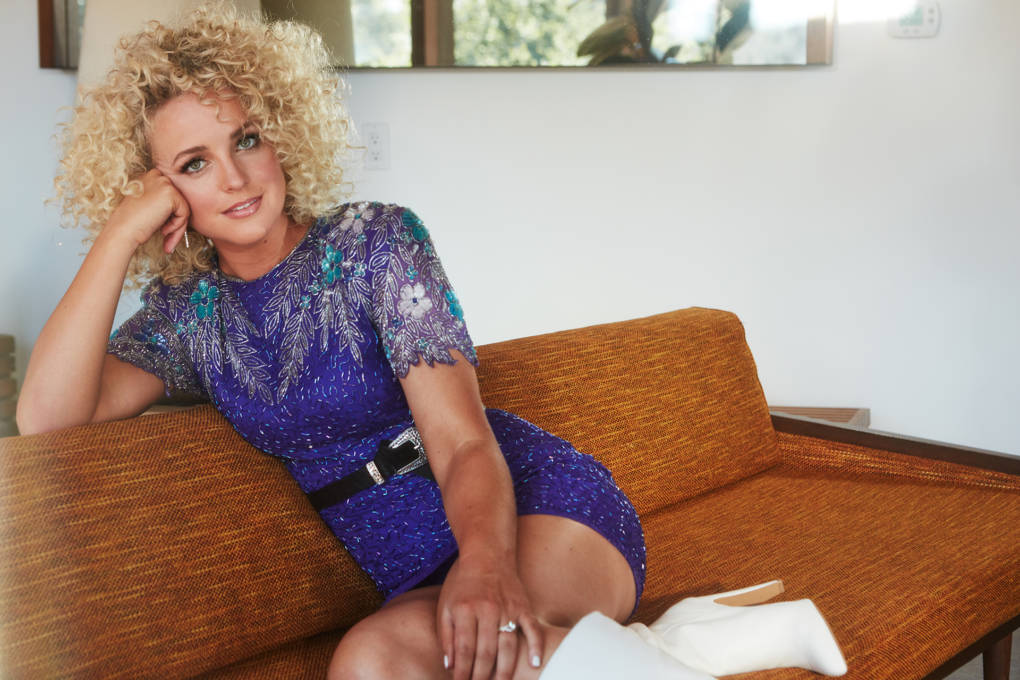If Dale Henry Geist’s life had taken even a slightly different direction, he might be living off the grid right now.
“I got as far away from mainstream society as was comfortable for me,” he says of a short stint in Colorado in the early 1980s. “[But] came to a sort of decision point between whether I was gonna withdraw entirely and go maybe live on some commune somewhere, or find a way to be a part of society…and I decided I’d rather do that, because I wanted to still have some kind of influence.”
All these years later, he does. As the publisher and creator of Country Queer, a music website and media company devoted to uplifting LGBTQ+ voices in country music, he’s established an essential outlet for folks that have long struggled for representation in a hetereonormative genre.
Geist is an Americana musician himself, and previously worked for the roots music magazine No Depression. But despite what his country bona fides might suggest, he didn’t grow up in a place often thought of as a stronghold of country fandom: Cortland, New York, a town of 20,000. Though country was the dominant genre in Cortland, Geist was “a rocker.” But as he nerded out on artists like Bob Dylan and Neil Young when he got to college at Northwestern University, he found that all rock ’n’ roll roads lead to country. “There’s country songs on every Rolling Stones album from 1968 to…1978,” he says.
Back then, Geist says he felt like he was hiding his true self—at least to those other than his closest friends and family. Growing up, he didn’t know of anyone who felt the way he did. Except David Bowie. “[As a teenager], I read an article in Newsweek about David Bowie that used the word ‘bisexual’ and I had an a-ha moment: ‘Yep, that’s me.’”




